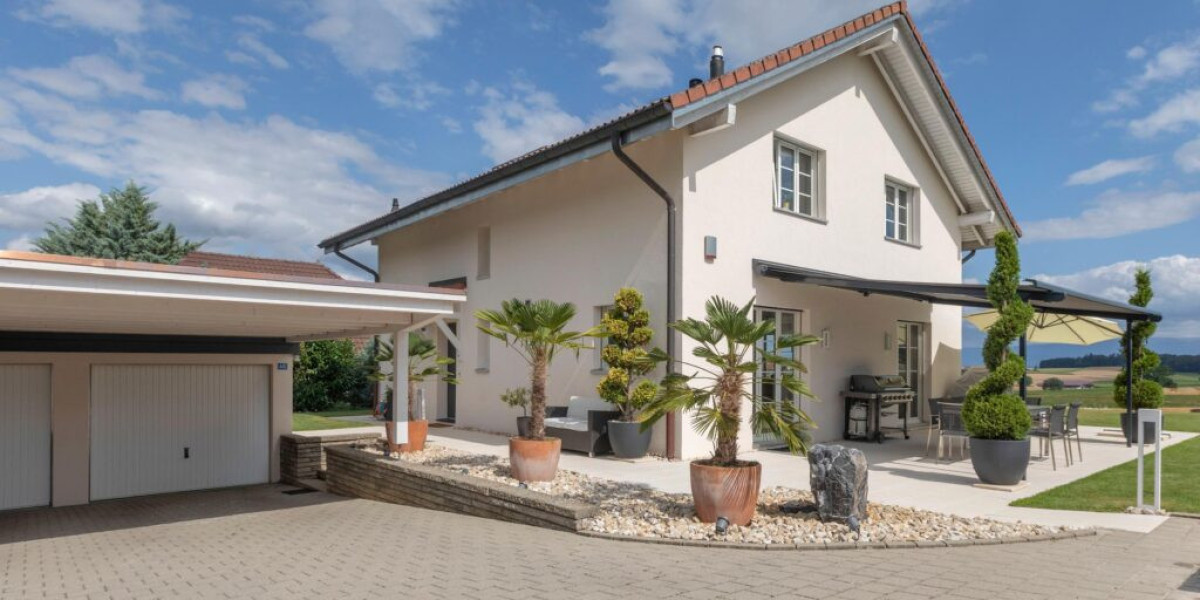Whether you're a designated driver, pregnant, health-conscious, or simply curious, non-alcoholic wines offer an elegant alternative without compromising taste or experience. In this article, we explore everything you need to know about non-alcoholic wines, from their production methods to health benefits, and how to choose the perfect bottle for any occasion.
What Are Non-Alcoholic Wines?
Non-alcoholic wines are beverages that retain the essence of traditional wines but contain little to no alcohol. To be classified as non-alcoholic, the alcohol content must typically be reduced to less than 0.5% ABV (alcohol by volume). These wines start their journey as regular wines and undergo a special process to remove the alcohol, leaving behind the complex flavors, aromas, and textures that wine lovers cherish.
How Are Non-Alcoholic Wines Made?
The production of non-alcoholic wines involves innovative techniques designed to preserve their character. Here are the main methods used:
Vacuum Distillation: In this process, wine is heated under reduced pressure, which allows alcohol to evaporate at a lower temperature. This helps retain the delicate flavors and aromas.
Reverse Osmosis: A sophisticated filtration system separates the alcohol and water from the wine’s flavor compounds. After removing the alcohol, the water and flavor essence are recombined.
Spinning Cone Column: This method involves spinning the wine in a column under low heat, separating alcohol and aroma compounds. The alcohol is removed, and the aromas are reintroduced to the wine base.
Why Choose Non-Alcoholic Wines?
Non-alcoholic wines cater to a variety of lifestyles and preferences. Here are some compelling reasons to consider them:
Health Benefits: They contain fewer calories and no alcohol, making them a healthier option for those watching their weight or limiting alcohol intake.
Inclusion: They allow everyone to participate in social gatherings without feeling left out.
Mindful Drinking: Perfect for those who want to enjoy wine’s flavors and rituals without the intoxicating effects.
Legal and Safety Concerns: Ideal for situations where alcohol consumption is discouraged, such as driving or workplace events.
Types of Non-Alcoholic Wines
Non-alcoholic wines span the full spectrum of traditional wine categories, ensuring there’s something for every palate:
Red Wines: Known for their bold flavors, non-alcoholic reds like Cabernet Sauvignon or Merlot deliver rich, tannic profiles.
White Wines: Lighter and crisper, non-alcoholic whites such as Chardonnay or Sauvignon Blanc offer refreshing citrus and floral notes.
Sparkling Wines: Perfect for celebrations, non-alcoholic sparkling wines mimic Champagne’s effervescence and elegance.
Rosé Wines: With their fruity and floral character, non-alcoholic rosés are versatile and pair well with a variety of dishes.
Dessert Wines: Sweet and indulgent, these non-alcoholic options are ideal for ending a meal on a high note.
How to Choose the Best Non-Alcoholic Wine
Finding the right non-alcoholic wine can feel overwhelming, given the vast options available. Here are some tips to guide your selection:
Understand Your Preferences: Do you enjoy dry, sweet, bold, or light wines? Knowing your taste profile will narrow your choices.
Check the Label: Look for details on production methods and alcohol content. Some labels may also highlight flavor notes.
Read Reviews: Online reviews and ratings can provide valuable insights into a wine’s quality and taste.
Experiment: Don’t hesitate to try different brands and styles. Many producers now offer sample packs.
Consider Food Pairing: Choose a wine that complements your meal. For instance, pair non-alcoholic reds with red meats or pasta and whites with seafood or salads.
Top Brands in the Non-Alcoholic Wine Market
The non-alcoholic wine industry is booming, with several brands leading the way in quality and innovation. Here are some top picks:
FRE Wines: A pioneer in alcohol-removed wines, FRE offers a wide range of options, from Merlot to sparkling wines.
Ariel Vineyards: Known for their award-winning non-alcoholic Cabernets and Chardonnays.
Lyre’s Classico: A premium sparkling wine alternative that’s perfect for celebrations.
Leitz Eins Zwei Zero: A German brand acclaimed for its Riesling and Rosé options.
Thomson & Scott: Renowned for their organic and vegan-friendly Noughty sparkling wines.
Health Benefits of Non-Alcoholic Wines
Non-alcoholic wines offer several health advantages beyond being alcohol-free. Here are some notable benefits:
Rich in Antioxidants: Many non-alcoholic wines retain polyphenols, which are linked to heart health and reduced inflammation.
Low Calories: A great option for those looking to cut down on calorie intake without sacrificing flavor.
Hydration-Friendly: Unlike traditional wines, these don’t contribute to dehydration.
Stress-Free Enjoyment: Drink without worrying about hangovers or impaired judgment.
How to Serve Non-Alcoholic Wine
Serving non-alcoholic wine correctly enhances the drinking experience. Follow these tips:
Temperature Matters:
Red wines: Serve slightly cooler than room temperature (around 60-65°F).
White and sparkling wines: Chill to 45-50°F.
Use Proper Glassware: Serving in wine glasses adds an authentic touch and enhances aromas.
Decant When Necessary: Some non-alcoholic reds benefit from aeration, which softens tannins and intensifies flavors.
Occasions to Enjoy Non-Alcoholic Wines
Non-alcoholic wines are versatile and suitable for a variety of events:
Weddings and Celebrations: Sparkling non-alcoholic wines make a sophisticated toast.
Dinner Parties: Pair with dishes to elevate the dining experience.
Relaxation at Home: Unwind with a glass without worrying about overindulging.
Corporate Events: Ensure inclusivity by offering alcohol-free options.
Conclusion
Non-alcoholic wines are more than just a trend—they’re a reflection of changing lifestyles and priorities. Whether you’re exploring for health reasons, inclusivity, or sheer curiosity, these beverages offer the sophistication and pleasure of traditional wines without the drawbacks of alcohol. With an expanding market of high-quality options, there’s never been a better time to raise a glass to non-alcoholic wines. Cheers to a new era of mindful and inclusive drinking!



